In recent years, search engines have undergone significant changes. Someone used to click on a website to read more when they were looking for a specific item. These days, a lot of people find the information they need on the search page itself, without ever going to another site. Additionally, as brands navigate this landscape, implementing a Zero Trust model can further strengthen digital trust and data protection ensuring secure access and credibility even in zero-click search contexts. There is no need to click on anything.
Brands face a challenge and a chance with this modification. In one way, fewer clicks through means less traffic to the page. Conversely, showing up in these instant answers can help build trust and knowledge for a brand. What are zero-click searches? Why do they matter? How can brands change to fit them?
What Do Zero-Click Searches Mean?
Customers do a zero-click search when they see the information they need on the search results page (SERP) and don't click on any links. Some examples are as follows.
- Snippets with quick answers from sites.
- On the right, there are knowledge graphs with information about a brand or product.
- Additional Questions and Answers sections for People.
- "Local packs" (map results for nearby companies).
- Top-of-page responses generated by artificial intelligence.
Thus, many people look for a brand's website but never get there.
Why Should Brands Care?
First, brands are worried about something obvious: fewer people visiting their websites. It is harder to track engagement or get straight sales online if customers don't click through.
But control and visibility are the bigger problems. When a search engine shows an answer, it chooses what words, images, or data to show for your brand. It may damage your reputation if your rivals are shown or if the wrong information is given.
It can also be good for you to show up in these results. If you put a snippet or information panel in the right place, it can make your brand look trustworthy, authoritative, and top of mind, even if no one clicks on it.
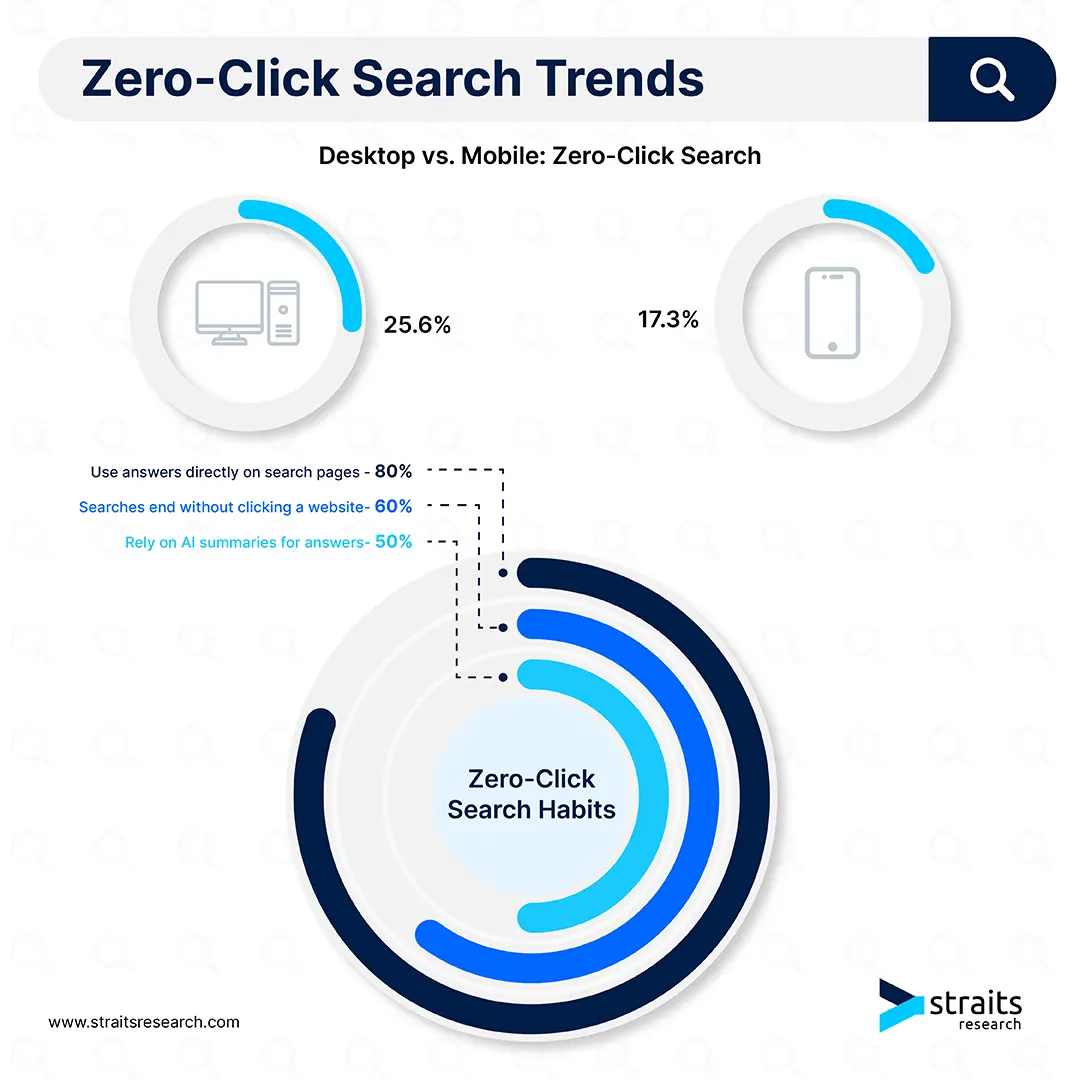
Image Source: Straitsresearch
The Development of "Zero-Click" Searches
Zero-click finds are no longer just an interesting new thing. Studies show that more than half of all searches end without clicking on anything. With people wanting quick answers on their mobile devices, this number is even higher. Causes of the expansion include-
- More SERP features, such as snippets, FAQs, and panels, are being added by Google.
- Growing popularity of AI Overviews (Google search generative AI reports).
- People who value efficiency above extensive reading.
Brands need to get ready for a future where "ranking #1" doesn't always mean people will visit their websites. These AI-generated overviews are produced by large language models that typically run on powerful cloud GPUs, which provide the compute needed to analyze huge amounts of data and generate instant answers.
Why Zero-Click Searches Still Benefit Your Brand?
Some zero-click searches are useful, which is a good thing. Your brand can still get a lot out of it even if people don't click through. People see your brand name a lot in snippets and panels, which makes them more aware of it. At the same time, being shown as the "chosen source" shows that you are an authority and helps people trust you. This visibility boost is similar to how AI customer experience tools work - providing instant value without requiring multiple steps from users.
For local businesses, showing up in map results can directly lead to in-person sales like phone calls and visits to the store. And Once those searches lead to store visits or inquiries, tools like BotSpace help brands continue the conversation with WhatsApp reminders, loyalty messages, and Instagram DMs, closing the loop beyond search results. That is, being at the top of search results can be just as valuable as getting someone to click on your link.
How Companies Can Change?
To win in a world with Zero-Click, follow these steps.
1. Get Ready for Featured Snippets
In your content, write short, clear answers. When you use headings, make sure they answer common questions and give definitions, lists, or step-by-step instructions. These changes help GEOs choose your content.
2. Use Structured Data
Schema markup, such as FAQ, Product, or How-To, helps search engines understand what you're writing. This makes it more likely that your site will show up in knowledge panels and rich snippets.
3. Concentrate on Branded Searches
Make sure that the logo, description, and social links for your brand are correct everywhere online. A lot of the time, knowledge panels use Wikipedia, Google Business Profile, and social profiles. To control your image, keep it up to date.
4. Use SEO for local search
Make your Google Business Profile better if you have a physical location. For a step-by-step setup guide, see zenbusiness. You can add services, photos, hours of service, and customer reviews. A phone call or a visit to the map is often the next step after a local search that ends on the SERP. For B2B companies, combining local SEO with strong company search capabilities helps identify and engage the right prospects directly from search visibility.
5. Edit Content for "People Also Ask"
On your site, write Frequently Asked Questions (FAQs) and short Question and Answer sections. This helps you show up in the question boxes that can be expanded.
6. Go Beyond Just Clicks
Keep your success metrics up-to-date. Watch how often your brand appears in snippets or panels, how many times it is seen, and how many impressions you get. Using competitive analysis tools can also help you monitor how your rivals are performing in zero-click spaces and identify opportunities to refine your own strategy.
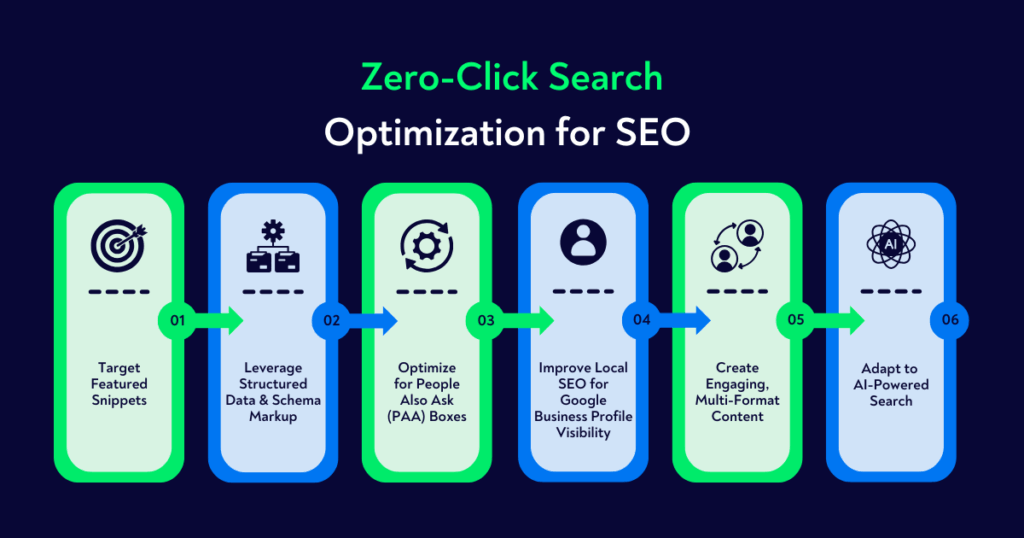
Image Source: ClickGuard
Brex is a modern finance software platform for businesses, and its products are designed with zero-click benefits in mind. By providing a streamlined, automated experience, Brex demonstrates how a service can deliver value without requiring the user to navigate through multiple steps or pages. New users can take benefits of this tool through Brex Discount that will reduce the platform cost.
Formats for Content That Work Well
In zero-click search, not all content has the same chance of being found. You have a better chance of getting featured if you use these formats when making content. The best formats are those that-
- FAQs are short answers to common questions.
- Lists and tables? Formats for snippets that are easy to read.
- Step-by-step instructions on how to do something.
- Price, specs, and availability information for a product.
- Definitions that are short and easy to understand.
Example for Local Businesses
Imagine someone looking for "best pizza near me." They don't click on a website; instead, they see a map with three restaurants marked on it, along with their phone numbers and reviews. You'll miss out if your business isn't set up for local SEO. But if you're listed correctly, people may be able to call you right from the SERP.
Example for E-Commerce
When you search for a product, Google will often show you prices, images, and specs right on the page that comes up. You have a better chance of being shown if your product data is structured and correct, even if the user doesn't go to your site right away. On a marketplace website, ensuring every product listing is complete and accurate can help your items appear in zero-click search results.
Measuring Success of Zero-Click Optimization
Success in zero-click SEO isn’t just about clicks anymore. Instead, focus on:
- Impressions: How often your content shows in snippets, panels, or AI overviews.
- Featured Snippet Acquisition Rate: % of queries where your site earns the snippet.
- Knowledge Panel Accuracy: Whether your brand info (logo, description, links) is correct.
- SERP Feature Presence: Number and types of features (FAQs, maps, images) you occupy.
- Click-to-Call / Click-to-Map Actions: Phone calls or directions from local pack searches.
- Search Sentiment: Whether branded results show your brand positively.
- AI Overview Mentions: Frequency of your content appearing in Google’s AI answers.
- Cross-Channel Engagement: Lift in direct traffic, social follows, or email signups after SERP exposure.
- Conversion Assists: Whether impressions influence conversions later in the funnel.
The real win is owning attention on the results page—not just driving traffic.
When Zero-Click Hurts vs. Helps
Zero-click search can act as both a growth lever and a growth limiter. The difference lies in what type of query you’re targeting and how your business model captures value.
When Zero-Click Helps:
- Reputation over Revenue: In industries like healthcare or SaaS, being featured in snippets signals trustworthiness, even if clicks don’t follow immediately. This trust often translates into indirect conversions later.
- Voice Search Readiness: Most voice assistants pull answers from zero-click results. If your content is optimized, you’re not just winning on Google—you’re becoming the default spoken answer on Alexa or Siri.
- Reduced Friction for Conversions: For service-based businesses (like restaurants or salons), zero-click listings often include a “Call” or “Book” button directly on SERPs, skipping unnecessary steps.
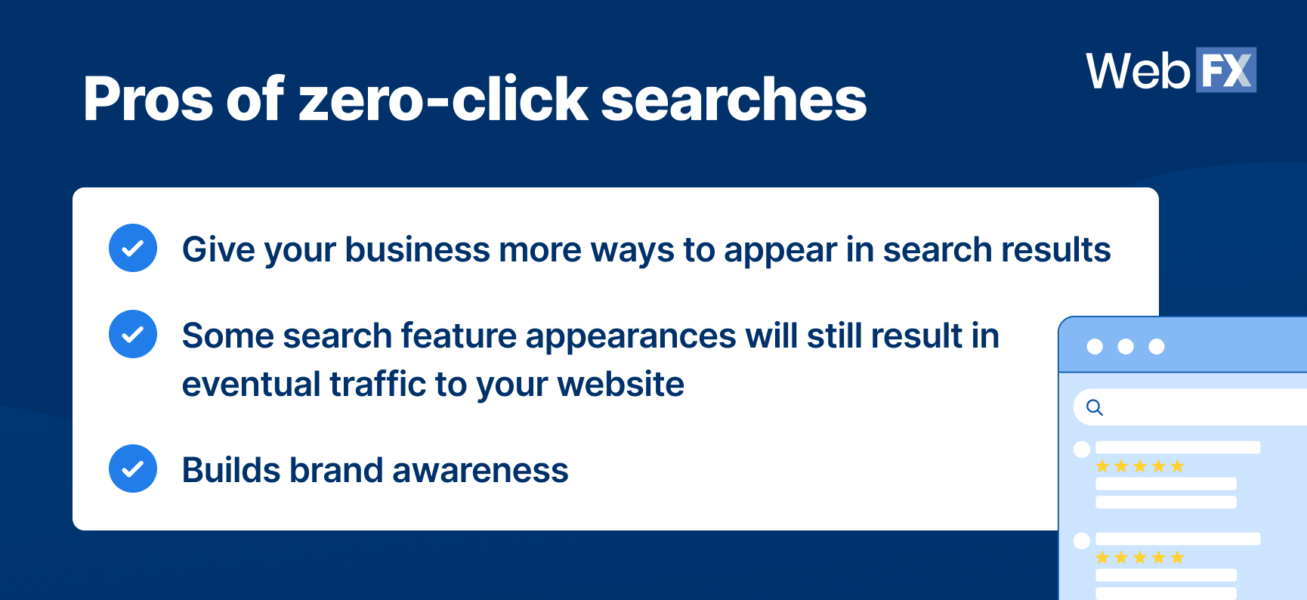
Image Source: WebFX
When Zero-Click Hurts:
- Erosion of Content Value: Publishers and thought-leadership blogs lose traffic when Google extracts their best answers, leaving little incentive for users to visit the original article.
- Product Discovery Shift: Retailers may lose control when Google Shopping or Marketplace carousels dominate SERPs, funneling users to aggregator platforms rather than brand-owned sites.
- Limited Data Capture: Zero-click interactions provide visibility but starve brands of first-party data (emails, user behavior insights), which are critical for remarketing and personalization.
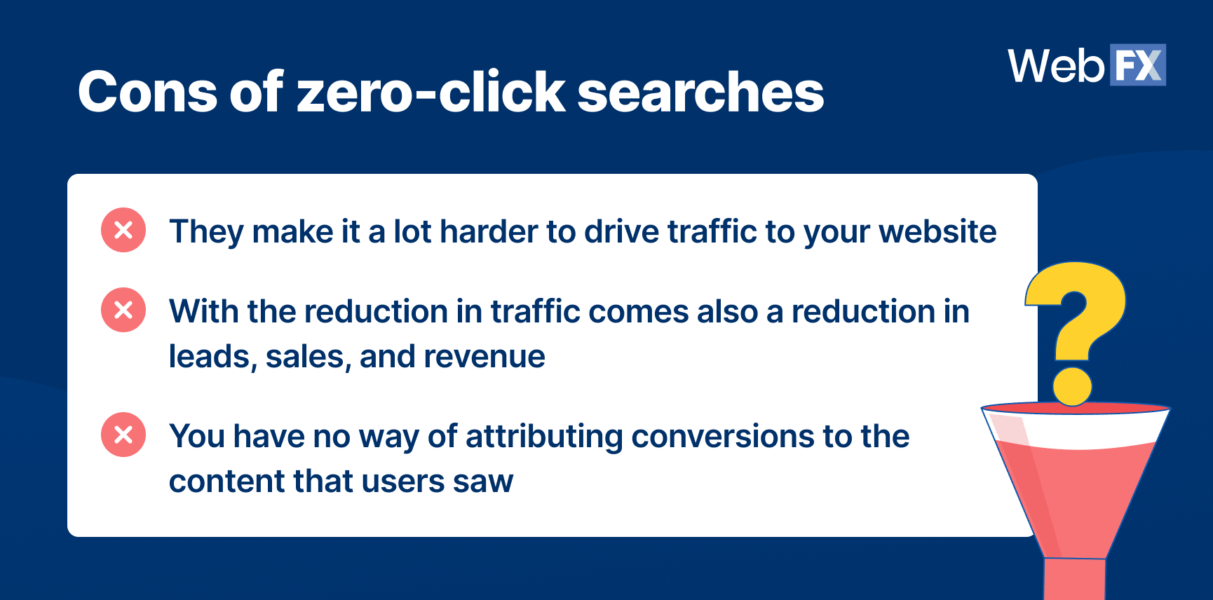
Image Source: WebFX
In short: zero-click helps brands that thrive on visibility, authority, and instant conversions but hurts those that depend on deep engagement, storytelling, or data-driven growth.
Maximize Brand Visibility with DashClicks’ White Label SEO Services
Zero-click searches are reshaping how brands capture visibility and authority online. With DashClicks’ White Label SEO Services, agencies can offer clients advanced SEO solutions that optimize for featured snippets, knowledge panels, local packs, and AI-powered search results — all under their own brand.
Our team helps agencies:
- Optimize content for featured snippets, FAQs, and structured data to appear in zero-click results.
- Enhance local SEO to dominate map packs and drive offline conversions.
- Track visibility, impressions, and SERP feature presence to measure impact beyond clicks.
- Ensure accurate brand representation across knowledge panels, Google Business Profiles, and AI overviews.
By leveraging DashClicks, agencies can deliver measurable results in the zero-click era, positioning clients as trusted authorities and increasing brand recognition — even when users never click through to a website.
Wrapping It Up
Zero-click searches will not be going away. Website traffic may go down, but brands can now stand out in new ways. You need to stop only thinking about clicks and start thinking about trust, brand recognition, and being seen. You can still win if your brand is in the answer, whether it's in a snippet, a panel, or an AI Development Services summary. Search will continue to grow for those who can adapt.



.svg)
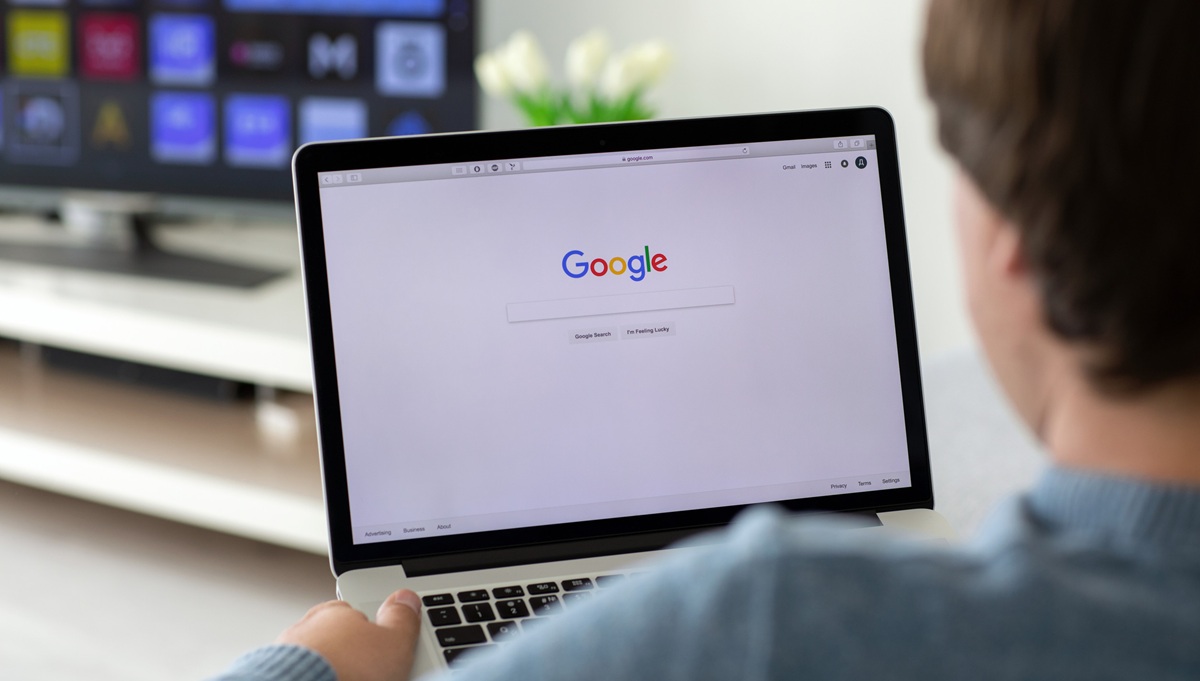
.svg)
.svg)
.svg)
.svg)
.svg)

.svg)




.svg)
.svg)
.svg)
.svg)
.svg)